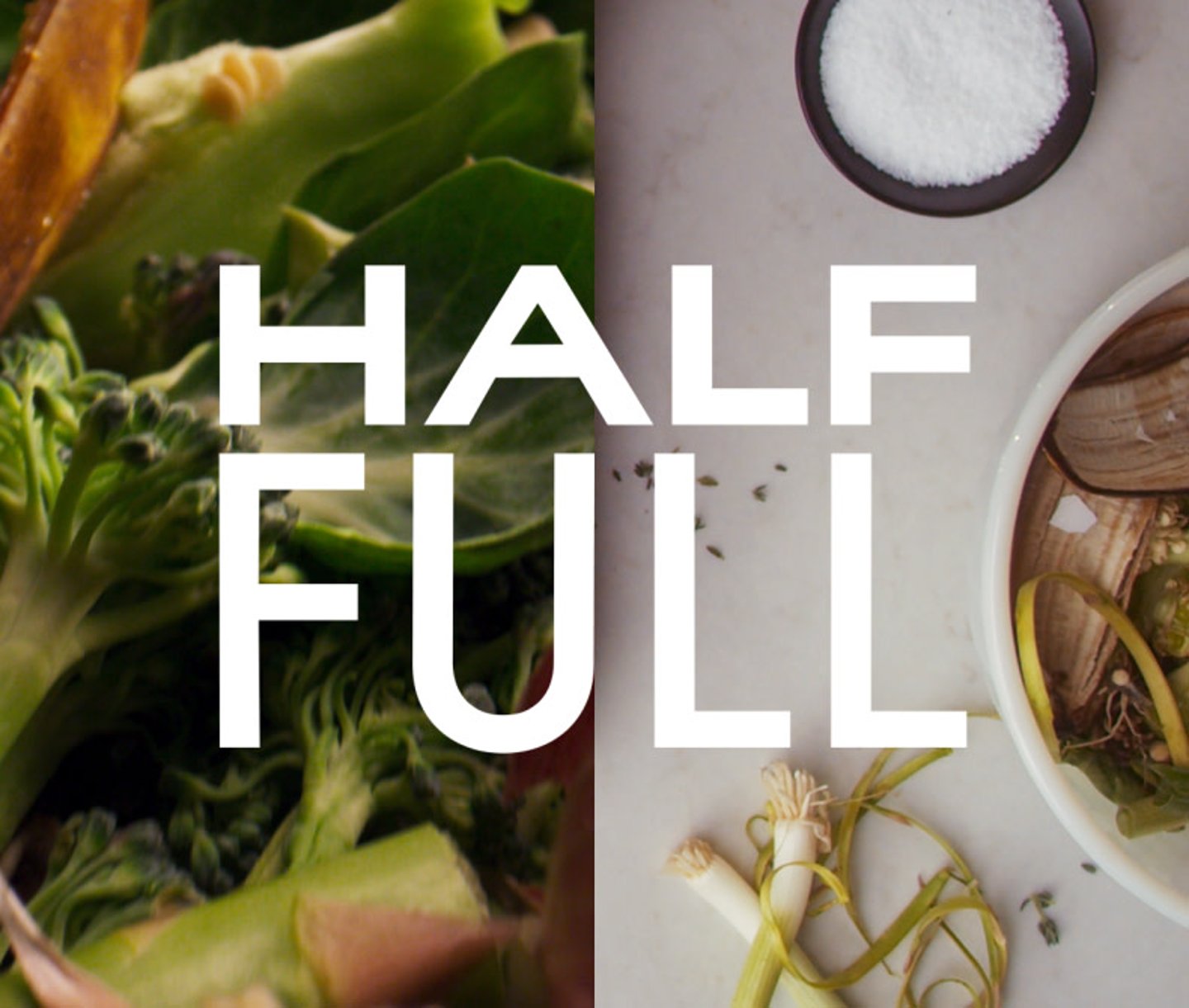New Loblaw docuseries explores food waste
Loblaw Companies Ltd. has introduced a four-part docuseries on the problem of food waste called Half Full.
Each online episode presents stories about ways people can work to solve the food waste problem including the role of retailers, how home cooks can reduce waste, a look at circularity, and some of the businesses tackling the issue.
The content series fits with some of Loblaw’s corporate social responsibility commitments and was introduced in an email company president and executive chair Galen G. Weston sent to PC Optimum members on Wednesday.
According to Loblaw, while many Canadians remain food insecure, the country wastes enough food each year to feed the entire country for five months.
“It can’t continue, and so as the stores that fill more Canadian fridges than any other, we’ve been taking action,” said Weston.
Half Full profiles “some of Canada’s food waste heroes,” he wrote. “[A] amazing stories from the people working hard to make the most of the food we are lucky enough to have.”
Both series are housed on the once-exclusive PC Insiders website, which Loblaw opened up to non-members during the height of the pandemic to offer shoppers some much needed meal-time inspiration.
In his email, Weston detailed some of the progress Loblaw has made to surpass its food waste goals. In 2017, the company set out to reduce food waste by 50% by 2025; by the end of last year, Loblaw had already reduced food waste to landfill by 86%.
Weston also recommended Loblaw’s other series Ripe, which features Canadian chefs showing how people can reduce waste by using every part of their vegetables.
“There’s something special about being schooled on the ingredients you thought you knew so well, while finding new ways to tackle old problems,” wrote Weston. “Hopefully some of these recipes help you get more out of the food in your fridge, keep it out of the trash.”
Weston also explained some of the specific actions taken by Loblaw to reduce waste.
No Name Naturally Imperfect products: a product line that saves good fruit and vegetables that are small or misshapen from the landfill;
Second Harvest: a partnership that helps facilitate the donation of enough surplus food to provide more than 1.3 million meals to Canadians and prevent more than 3 million kilograms of greenhouse gases from being released if that food had gone to the landfill;
Bakery Waste: the company has diverted more than 4.2 million kilograms of expired bakery waste from the landfill and converted it into animal feed;
ZooShare Biogas: a partnership that combines food waste from Loblaw and other partners with manure from the local zoo to produce biogas that generates renewable electricity fed directly into the grid.
“As you can tell, it all gets me really excited,” he wrote of the progress made at Loblaw. “These days, so much of our lives is about doing things differently. Finding creative solutions to get us back to a new, better normal. And to see that energy help solve the food waste challenge that’s been around for far too long is inspiring.”


